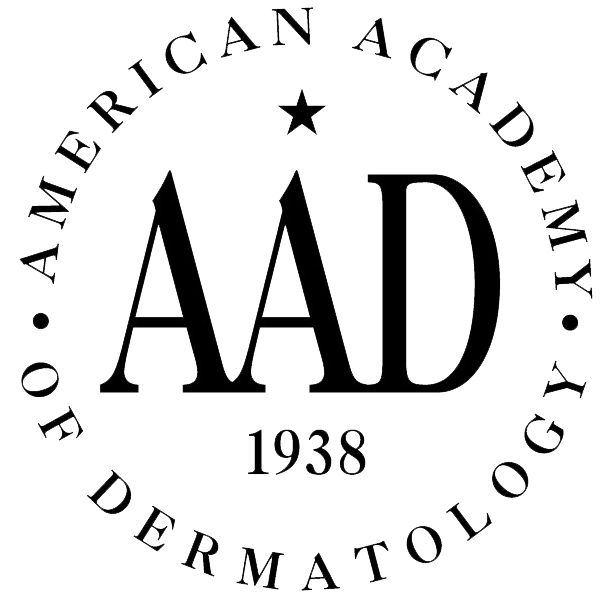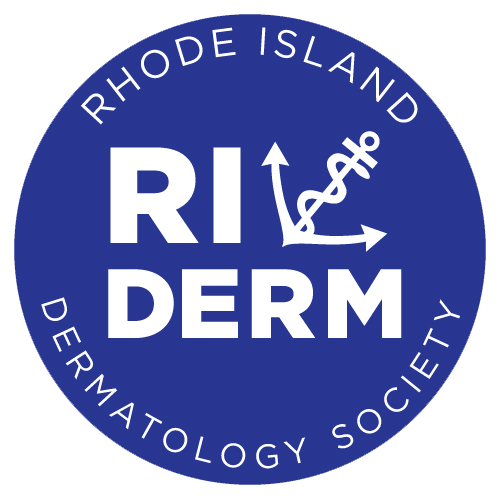Platelet rich plasma (PRP): OVERVIEW
To help you decide whether this treatment is right for you, you should read the following facts.
Platelet rich plasma or PRP is a component of blood that migrates to sites of injury to help rebuild and repair the skin and tissues. PRP releases many growth factors to help promote healing, collagen production and reconstruction.
PRP is a cosmetic procedure where your own blood is drawn then spun in a centrifuge and the PRP from your blood is drawn up into a syringe and injected or applied to the treatment area. PRP can be used in conjunction with micro needling or performed alone.
What does PRP treat?
- Surgical and acne scars
- Stretch marks
- Rhytides (Wrinkles)
- Alopecia (hair loss)
- Dilated pores
- Hyperpigmentation/Melasma (dark spots)
- Lentigines (Sun spots)
When will I see results?
You can begin to start seeing results as early as 2 weeks and as late as 4-6 weeks.
Does the PRP procedure hurt?
A numbing cream or gel is applied by a dermatologist and is left on for at least 15 minutes prior to the procedure. This minimizes any pain or discomfort. Most patients tolerate the procedure very well but there can be some discomfort while drawing the blood and injecting it because small needles are used for these procedures.
Is there any downtime?
Immediately after the procedure there may be some redness, mild swelling, mild bleeding or bruising in the area but will fade over the next few hours up to 3 days.
Any pre-procedure care?
Patients should wash face thoroughly to remove any excess oils, lotions or makeup. If using a topical retinoid, such as Tretinoin, Retin-A or Tazorac, this medication should be stopped for three days prior to the procedure and three days after the procedure.
Any post-procedure care?
After the procedure avoid alcohol based toners for 10-14 days and direct sun exposure for at least 10 days. Avoid any sunscreen or makeup for 24 hours. After 3 days you can return to your regular skin care products.
Who should not get the PRP procedure?
Patients who have active herpes simplex infections (cold sores), have any sores or infections on the treatment area, have a sunburn, have active pustular acne (large white heads), are currently taking Isotretinoin (Accutane) or have taken it within the last six months or patients who have a history of keloid formation should not get the PRP procedure.
Insurance coverage: PRP is considered a cosmetic treatment. Insurance does not cover the cost of cosmetic treatments.





